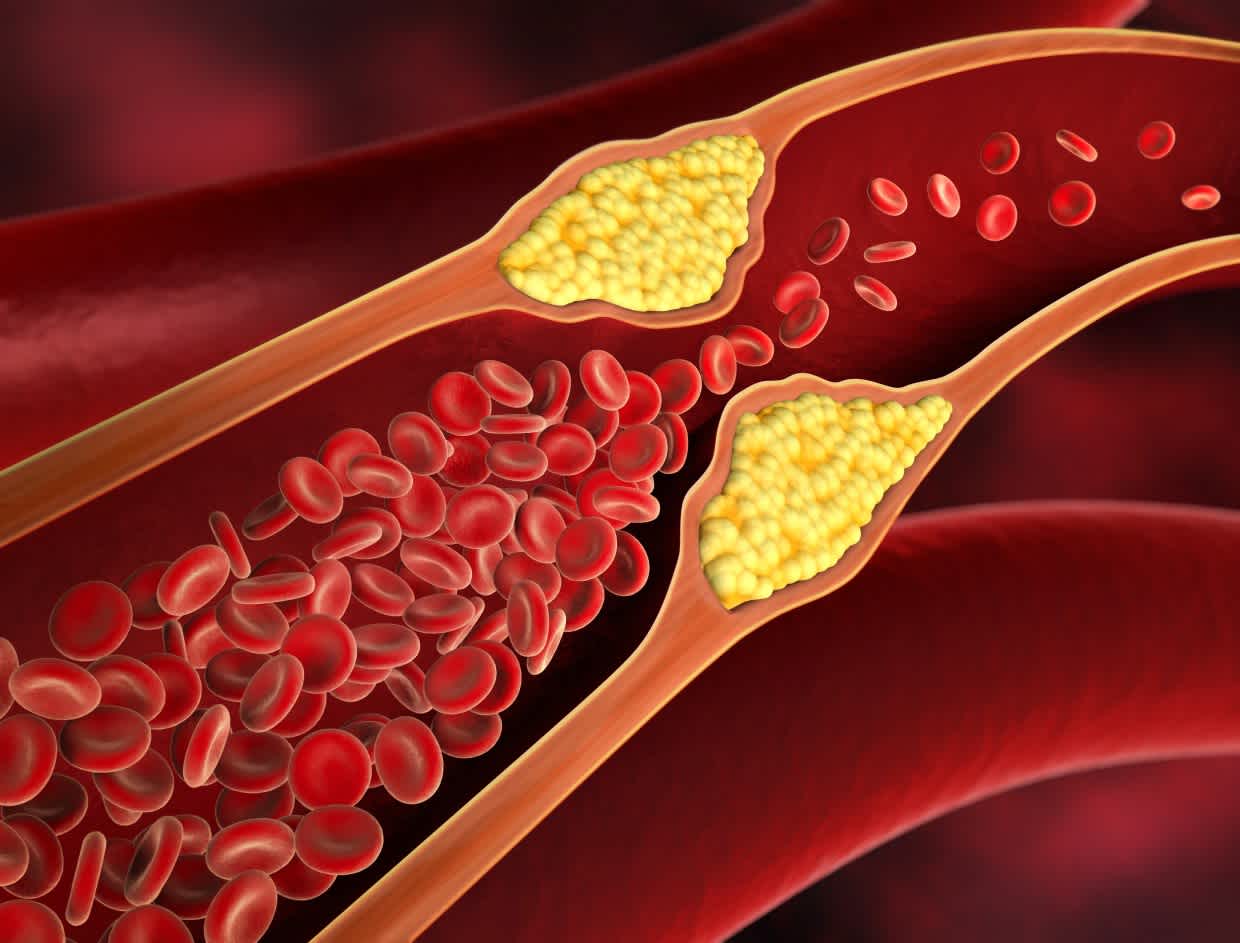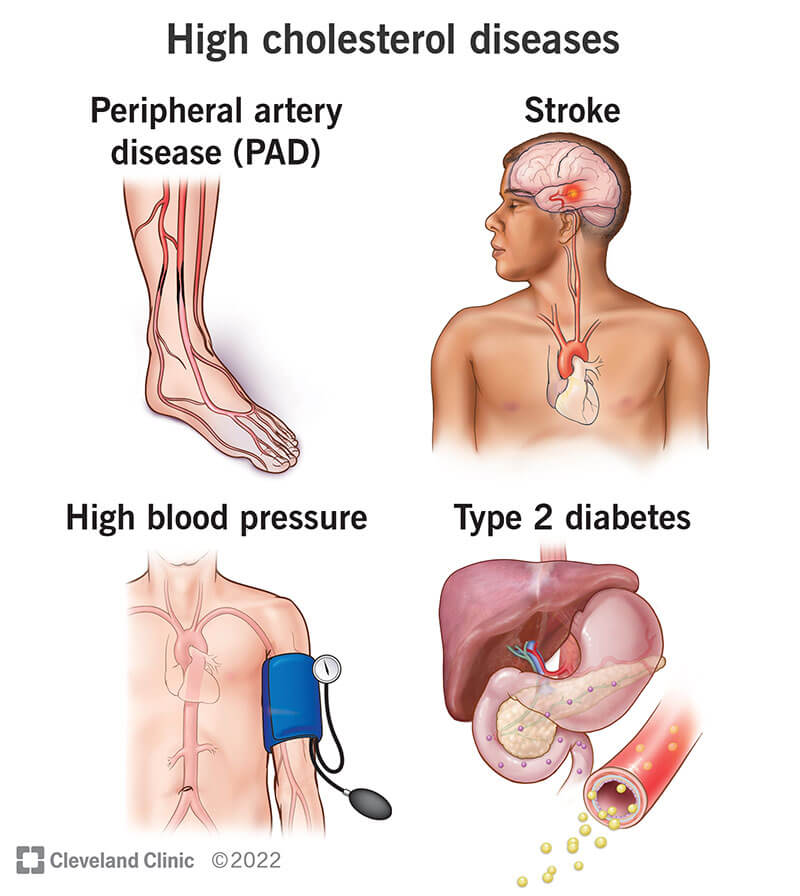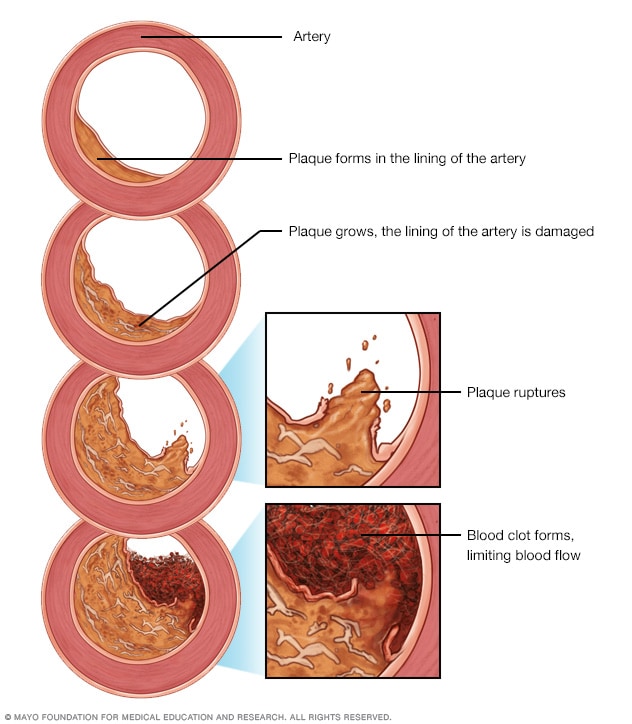Understanding High Cholesterol

Posted on October 16, 2023

Introduction

High cholesterol, also known as hypercholesterolemia, is a condition where there is an excessive amount of cholesterol in the blood. Cholesterol is a waxy, fatty substance that is essential for building cell membranes and producing hormones. However, an excess of it can lead to serious health problems.
Causes of High Cholesterol

High cholesterol can be caused by a variety of factors. It often results from a combination of genetic predisposition and lifestyle choices. Factors that contribute to high cholesterol include:
- Consuming a diet high in saturated and trans fats
- Lack of regular physical activity
- Smoking tobacco products
- Being overweight or obese
- Having a family history of high cholesterol
Risks and Complications
Having high cholesterol levels can lead to a range of health complications. The excess cholesterol can accumulate in the walls of arteries, forming plaque. This can narrow the arteries and reduce blood flow, potentially leading to:
- Coronary artery disease
- Angina (chest pain)
- Heart attack
- Stroke
- Peripheral artery disease
Diagnosis and Monitoring

High cholesterol is typically diagnosed through a blood test that measures cholesterol levels. The test will provide information about total cholesterol, LDL cholesterol (often referred to as "bad" cholesterol), HDL cholesterol ("good" cholesterol), and triglycerides. Regular monitoring of cholesterol levels is important, especially for individuals with risk factors for heart disease.
Managing High Cholesterol
:max_bytes(150000):strip_icc()/guidelines-for-high-cholesterol-and-diabetes-697813-color1b-99ed648078d74592ac667c8533065003.jpg)
Effectively managing high cholesterol requires a multi-faceted approach. This may involve making lifestyle changes and, in some cases, taking medications. Here are some strategies for managing high cholesterol:
- Adopting a heart-healthy diet that emphasizes fruits, vegetables, whole grains, and lean proteins
- Engaging in regular physical activity to improve cardiovascular health
- Avoiding tobacco products and limiting alcohol consumption
- Taking prescribed medications as directed by a healthcare provider
Conclusion
High cholesterol is a common health concern that can have serious consequences if left unmanaged. Understanding the causes, risks, and effective management strategies is essential for maintaining good heart health. By making positive lifestyle changes and working closely with healthcare providers, individuals can take control of their cholesterol levels and reduce their risk of heart disease.
